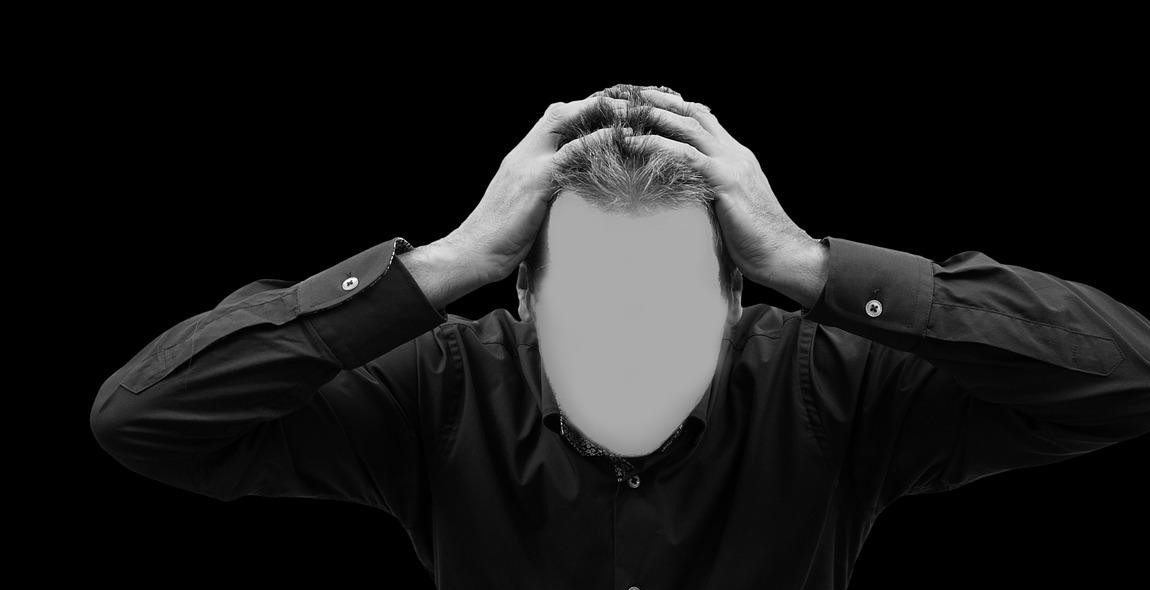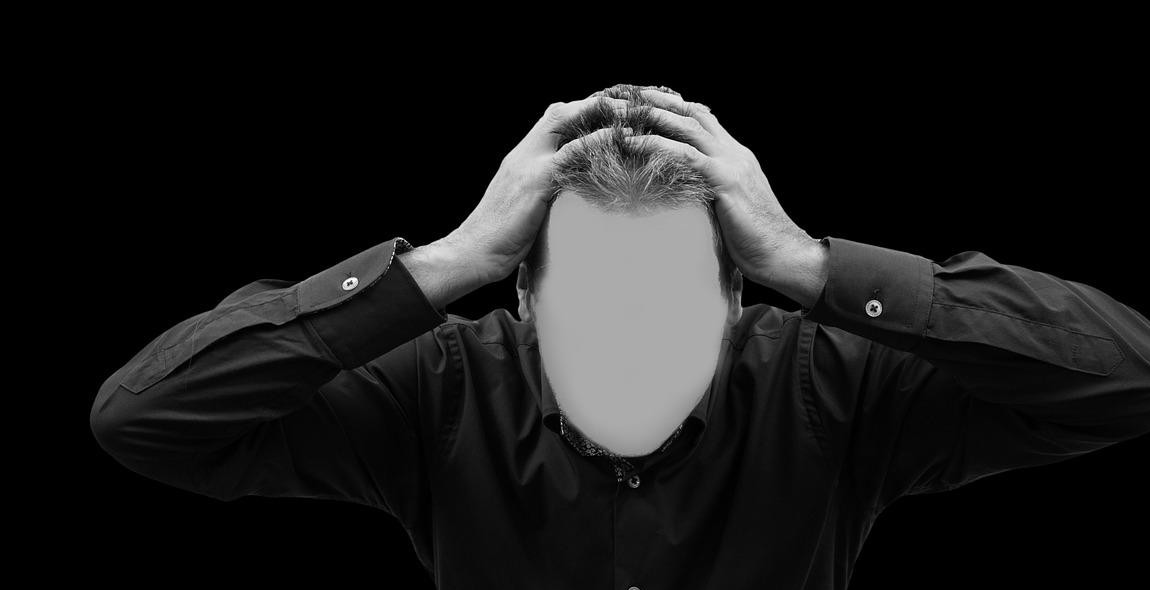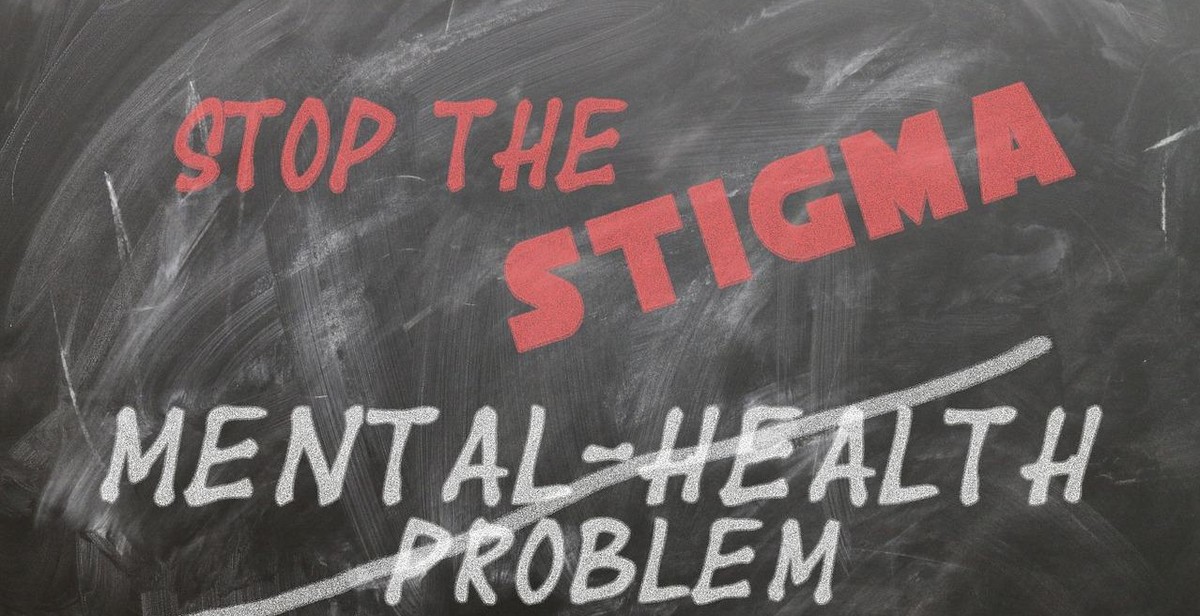Understanding Psychosis: Breaking Down the Stigma
Psychosis is a mental health condition that affects a person’s perception of reality. It is a complex and multifaceted disorder that can cause a range of symptoms, including delusions, hallucinations, disordered thinking, and abnormal behavior. Unfortunately, psychosis is often stigmatized and misunderstood, which can prevent people from seeking help and receiving the treatment they need.
My Personal Experience
As a professional writer and content creator, I have witnessed firsthand the impact of stigma on people with psychosis. I have seen how it can isolate individuals from their communities, prevent them from accessing healthcare resources, and even lead to self-harm or suicide. That’s why I am passionate about breaking down the stigma surrounding psychosis and promoting awareness, understanding, and empathy.
The Importance of Education
One of the most effective ways to reduce stigma around psychosis is through education. By increasing awareness and understanding of the condition, we can create a more supportive and inclusive environment for people with psychosis. This article aims to provide a comprehensive overview of psychosis, including its causes, symptoms, and treatment options, as well as strategies for coping with the condition and supporting loved ones who may be affected.
Topics Covered in this Article
- What is Psychosis?
- Psychosis Causes
- Psychosis Symptoms
- Diagnosis and Treatment
- Coping Strategies
- Supporting Loved Ones
By the end of this article, readers should have a better understanding of what psychosis is, how it is diagnosed and treated, and what they can do to support those with the condition. Let’s work together to break down the stigma surrounding psychosis and create a more compassionate and inclusive society.

Defining Psychosis
Psychosis is a mental health disorder that affects a person’s ability to think, feel, and perceive reality accurately. It is a severe mental illness that can cause a person to lose touch with reality, leading to delusions, hallucinations, and disordered thinking.
What is Psychosis?
Psychosis is a symptom of several mental health disorders, including schizophrenia, bipolar disorder, and severe depression. It can also be caused by drug use, brain injury, or other medical conditions.
During a psychotic episode, a person may experience:
- Delusions: false beliefs that are not based on reality.
- Hallucinations: seeing or hearing things that aren’t there.
- Disordered thinking: difficulty organizing thoughts or speaking coherently.
- Paranoia: feeling suspicious or fearful of others.
- Behavior changes: acting out of character or becoming agitated or violent.
Psychosis can be a frightening and confusing experience for both the person experiencing it and those around them. It is essential to seek treatment as soon as possible to manage symptoms and prevent further complications.
Types of Psychosis
There are several types of psychosis, including:
- Schizophrenia: a chronic mental illness that affects a person’s ability to think, feel, and behave clearly.
- Bipolar disorder: a mental illness that causes extreme mood swings, including manic episodes that can lead to psychosis.
- Severe depression: a mood disorder that can cause a person to experience psychotic symptoms.
- Drug-induced psychosis: a temporary form of psychosis caused by drug use, including alcohol, marijuana, and hallucinogens.
- Organic psychosis: a form of psychosis caused by a medical condition or brain injury.
It is essential to seek professional help if you or someone you know is experiencing symptoms of psychosis. With proper treatment, many people with psychosis can lead fulfilling lives and manage their symptoms effectively.
Causes of Psychosis
Psychosis is a complex and multifactorial mental health condition that can be caused by various biological and environmental factors. Understanding the underlying causes of psychosis is crucial in developing effective treatments and reducing stigma surrounding the condition.
Biological Factors
Research shows that genetics, brain chemistry, and brain structure can all contribute to the development of psychosis.
- Genetics: Studies have shown that individuals with a family history of psychosis are at a higher risk of developing the condition. Certain genes have been linked to an increased susceptibility to psychosis, although no single gene has been identified as the sole cause of the condition.
- Brain Chemistry: Imbalances in neurotransmitters, the chemical messengers in the brain, have been linked to the development of psychosis. Specifically, an excess of dopamine, a neurotransmitter that regulates pleasure and reward, has been associated with psychosis.
- Brain Structure: Abnormalities in brain structure, such as enlarged ventricles or decreased gray matter, have been observed in individuals with psychosis. These structural abnormalities may affect the brain’s ability to process information and contribute to the development of symptoms.
Environmental Factors
Environmental factors can also play a role in the development of psychosis. These factors include:
- Stress: Traumatic events, such as abuse, neglect, or violence, can trigger psychosis in individuals who are already at risk.
- Substance Abuse: Substance abuse, particularly of drugs that affect dopamine levels, such as cocaine or amphetamines, can increase the risk of developing psychosis.
- Environmental Toxins: Exposure to toxins, such as lead or mercury, has been linked to an increased risk of developing psychosis.
- Infections: Certain viral infections, such as the flu or herpes, have been linked to an increased risk of developing psychosis.
| Biological Factors | Environmental Factors |
|---|---|
| Genetics | Stress |
| Brain Chemistry | Substance Abuse |
| Brain Structure | Environmental Toxins |
| Infections |

Symptoms of Psychosis
Psychosis is a mental illness that affects a person’s ability to think, feel, and behave. It is a complex condition that can manifest in many ways. There are two main categories of symptoms associated with psychosis: positive symptoms and negative symptoms.
Positive Symptoms
Positive symptoms are experiences that are added to a person’s normal behavior. They are often referred to as “psychotic symptoms.” These symptoms can include:
- Delusions: false beliefs that are not based in reality. For example, a person may believe that they are being followed or that they have special powers.
- Hallucinations: seeing, hearing, feeling, or smelling things that are not there. For example, a person may hear voices or see things that others cannot.
- Disorganized thinking: difficulty organizing thoughts and expressing them coherently. A person may switch rapidly from one topic to another or make up words and phrases.
- Abnormal motor behavior: unusual movements or gestures, such as repetitive motions or catatonia.
Negative Symptoms
Negative symptoms are experiences that are taken away from a person’s normal behavior. They are often referred to as “deficit symptoms.” These symptoms can include:
- Apathy: a lack of interest or enthusiasm. A person may seem uninterested in their surroundings or in activities they used to enjoy.
- Flat affect: a lack of emotional expression. A person may seem emotionless or unresponsive to others.
- Loss of motivation: a lack of drive or initiative. A person may have difficulty starting or completing tasks.
- Social withdrawal: a tendency to isolate oneself from others. A person may avoid social situations or have difficulty making friends.
| Positive Symptoms | Negative Symptoms |
|---|---|
| Delusions | Apathy |
| Hallucinations | Flat affect |
| Disorganized thinking | Loss of motivation |
| Abnormal motor behavior | Social withdrawal |
It’s important to note that not everyone with psychosis will experience all of these symptoms, and the severity of symptoms can vary from person to person. If you or someone you know is experiencing any of these symptoms, it’s important to seek help from a mental health professional.

Treatment for Psychosis
Psychosis is a treatable condition, and early intervention is crucial in managing symptoms and improving outcomes. Treatment typically involves a combination of medication and therapy.
Medication
Antipsychotic medications are often prescribed to help manage the symptoms of psychosis, including delusions and hallucinations. These medications work by altering the balance of chemicals in the brain, such as dopamine and serotonin. It is important to note that antipsychotic medications may have side effects, such as weight gain, drowsiness, and tremors. However, the benefits of medication often outweigh the risks.
It is important to work closely with a healthcare provider to find the right medication and dosage that works for each individual. Some people may need to try different medications before finding the one that works best for them.
Therapy
Therapy can also be an important part of treatment for psychosis. Cognitive-behavioral therapy (CBT) is a type of therapy that focuses on changing negative thought patterns and behaviors. CBT can help individuals with psychosis learn to challenge and reframe their delusions and hallucinations. Family therapy can also be helpful in improving communication and relationships between family members.
Other types of therapy, such as art therapy, music therapy, and mindfulness-based therapies, may also be beneficial in managing symptoms of psychosis.
Support Groups
Support groups can be a helpful addition to medication and therapy. Support groups provide a safe space for individuals with psychosis to connect with others who are going through similar experiences. Support groups can also provide education and resources for managing symptoms and improving overall well-being.
Conclusion
Overall, treatment for psychosis involves a combination of medication, therapy, and support. It is important to work closely with a healthcare provider to find the right treatment plan that works for each individual. With proper treatment and support, individuals with psychosis can lead fulfilling and meaningful lives.

Breaking Down the Stigma
One of the biggest challenges faced by individuals living with psychosis is the stigma attached to the condition. The lack of understanding and education surrounding psychosis often leads to negative stereotypes and discrimination, making it difficult for those affected to receive the support they need.
Education and Awareness
Education and awareness are key in breaking down the stigma surrounding psychosis. It is important to understand that psychosis is not a character flaw or a choice, but a medical condition that requires treatment. By educating ourselves and others about the symptoms and causes of psychosis, we can begin to change the way we view and treat those affected.
- Sharing personal experiences and stories can help to reduce stigma and increase understanding.
- Organizing community events and workshops can help to raise awareness and provide education about psychosis.
- Media outlets can play a crucial role in reducing stigma by accurately portraying psychosis and its treatment.
Support and Understanding
Support and understanding are also essential in breaking down the stigma surrounding psychosis. Individuals living with psychosis often feel isolated and alone, and it is important for them to know that they are not alone and that there is support available.
- Support groups and peer networks can provide a sense of community and connection for those affected by psychosis.
- Family and friends can offer support by learning about the condition and being there to listen and offer encouragement.
- Healthcare professionals can play a crucial role in reducing stigma by providing compassionate and non-judgmental care to those affected by psychosis.
| Education and Awareness | Support and Understanding |
|---|---|
| Sharing personal experiences and stories | Support groups and peer networks |
| Organizing community events and workshops | Family and friends |
| Accurately portraying psychosis in media | Compassionate healthcare professionals |
